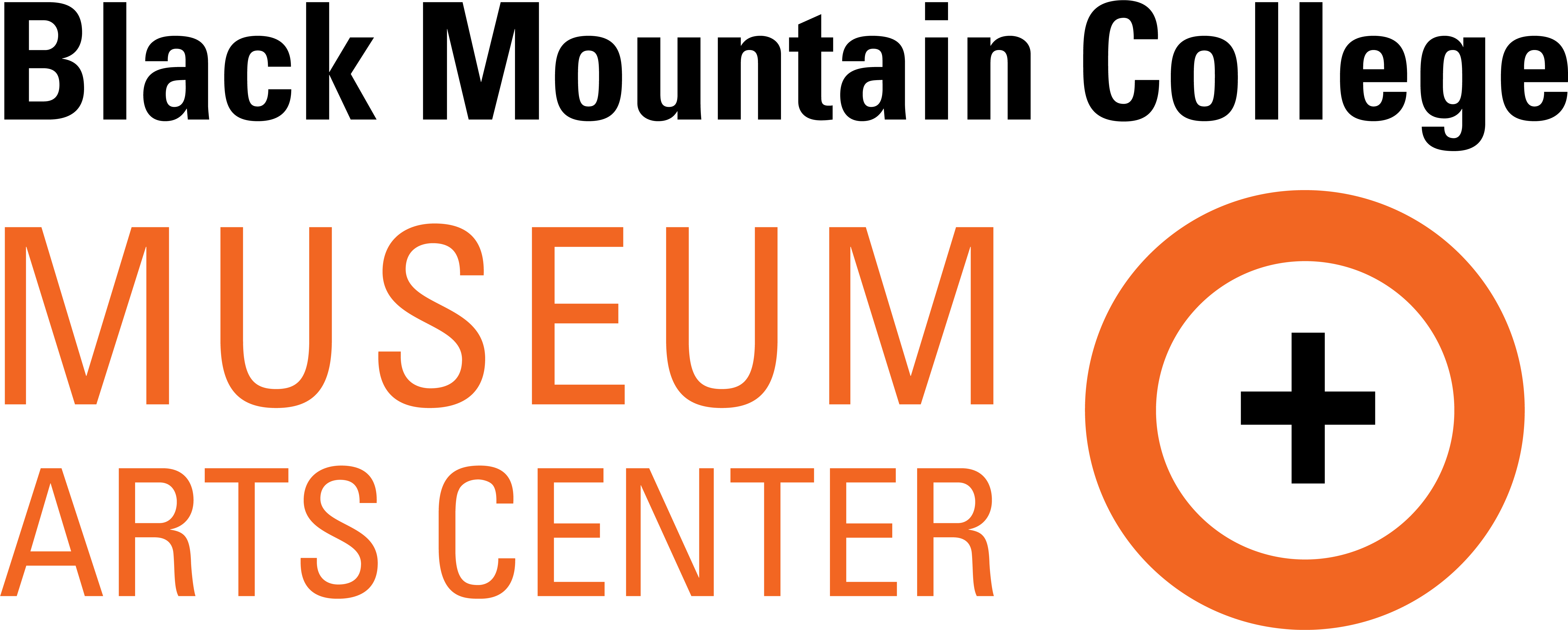Wesley "Wes" Huss
Wes and Bea Huss (far right) at BMC. Courtesy of Western Regional Archives.
FOCUS
Performance Art
ROLE
Faculty, Staff
ATTENDANCE
1950 - 1957
Wes Huss wore many hats at the college, from fall of 1950 to it's closing in 1956, including theater director and faculty, treasurer, and business manager.
Wesley Huss (1918-2017) taught theater at Black Mountain College (BMC). He also served as treasurer in difficult times. A conscientious objector in World War II, he served as a director of the American Friends Service Committee-operated Civilian Public Service Camp near Coleville, California. After the war, he directed theater for the Hedgerow Theater in Moylan, Pennsylvania. In the fall of 1956, Huss moved to San Francisco to continue his collaborationwith Robert Duncan and BMC students on the Medea Trilogy, on which they had been working in the summer of 1956. The continuation of the class was part of the extended curriculum of BMC, which had vacated the Lake Eden campus. Huss was a founder of the Intertribal Friendship House in Oakland and Community Service Relations Secretary for the American Friends Service Committee.
Above bio written by Mary Emma Harris for BMC Project
Relationships
Wife: Beatrice "Bea" Huss, wife that accompanied him at the college during his tenure.
The following was written by Mark Miller, as a biography of Wes Huss and his professional life.
"Wes did become a respected theater teacher at Black Mountain College in North Carolina, which, from the late 30’s up to 1956, attracted students and faculty that included some of the foremost artistic, radical, and creative minds of the 20th century. It was a haven for progressive, art-based, education as conceived by John Dewey.
Wes taught there during the first half of the 1950s. Wes’s notion of theater was paraphrased by one student as “…artifice, that the audience was an active co-operator, that performance began in the imagination, and entered a dancing give and take with the situation at hand at that moment.” By the time Wes joined the college, it was struggling to survive in a hostile national environment and the students and faculty had become, as Wes said, “a community of subsistence dwellers.”
During this difficult time, Wes also functioned as the college treasurer and business manager, stretching its meager resources while conceiving and leading repeated funding efforts to keep the college alive as long as possible. He brought the facility and determination required to manage scarce resources that he developed at Black Mountain back to AFSC not long after.
Wes once told me that during his time at Black Mountain, he became involved with the history and current lives of the Cherokee who remained in that area. I don’t know and could not find more about that involvement, but I do recall him telling me that his time with the Cherokee led him to ultimately join AFSC’s American Indian work in 1957, where, well up into the 1990s, he significantly bolstered AFSC efforts to support American Indian leaders as they addressed matters of concern to them.
Wes provided critical, decades-long assistance to the efforts of American Indians in the Bay Area as they organized and institutionalized the Intertribal Friendship House in Oakland to provide a cultural center and gathering place for American Indians displaced or migrating from reservations."
There is more of his life included in this blog post, including work outside of BMC and with AFSC (American Friends Service Committee, a eligious Society of Friends founded organization working for peace and social justice in the US).
David Silver wrote "The Last Few Days at Black Mountain College" which shares Wes and Olson's decision to close the college.
Black Mountain College Project
Mary Emma Harris interviewed Wesley in 1998 and the transcript is available from Appalachian State University under The Mary Emma Harris and Black Mountain College Project, Inc. Oral History collection.
Topics: AFSC service in World War Two – work for Hedgerow Theater – interest in BMC – BMC conflicts – BMC productions: Obey’s Noah, The Pool of Sacrifice, Faust Foutu, Medea, etc. – work with M.C. Richards – work with Charles Olson – college financial problems in the 1950s – collaboration with Robert Duncan on production of Medea: The Maidenhead – Charles Olson in community – breakup of Olson marriage to Connie Olson – breakdown of social norms – Robert Creeley – work with Duncan in San Francisco – Stefan Wolpe collaboration on theater productions – post-BMC professional work


